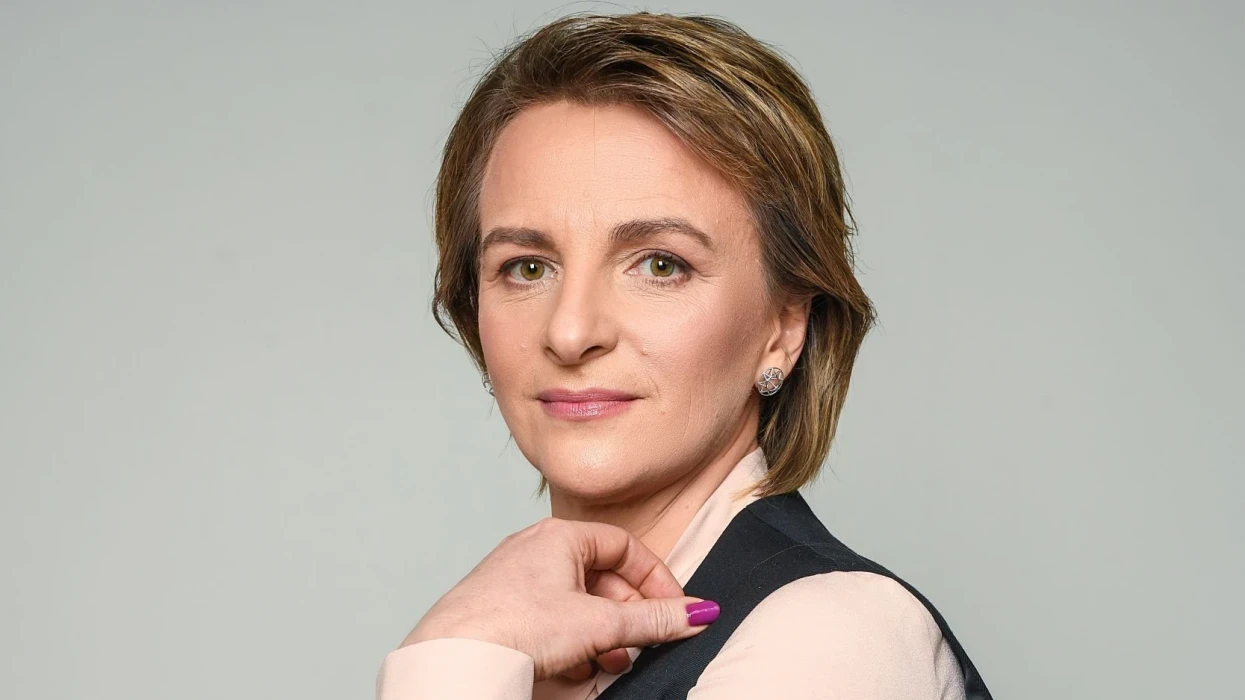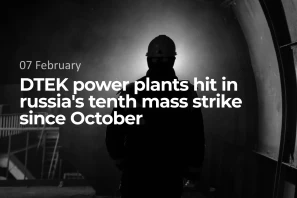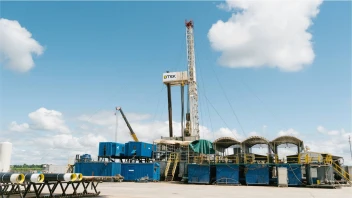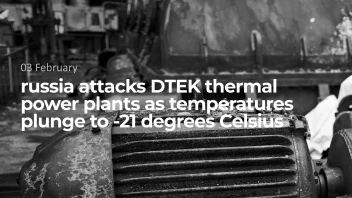This year, the Yalta European Strategy, YES, managed to convene its traditional meeting. Although the event was held on a lesser scale due to COVID restrictions, YES preserved the most important thing: the same helicopter view, the opportunity to see Ukraine not on its own, but on the global map as a part of the world, with all its challenges.
The theme of the meeting related to the pandemic: "Post-COVID = Pre-Disaster? Steps to Survival". Sure though, this was not the only thing being discussed. In particular, half of the sessions focused on climate change and the decarbonization of the global economy. Fareed Zakaria, CNN host, argued that climate change was no longer just environmental issue, but had large-scale social consequences. Mike Berners-Lee, Director at Small World Consulting, noted that much more depends on how humanity frames the climate change. Truly so: in Ukraine many people still try not to notice it or believe that "it is not our problem"/"we are too poor"/"it is not urgent". But sadly, this process is real and cannot be ignored. According to Mike Berners-Lee, the solution is to reduce energy consumption and develop renewable energy sources to replace fossil fuels.
Decarbonization for Ukraine is an impulse for the renewal of the industry, an opportunity to attract funding and create new jobs, a reduced dependence on fossil and imported raw materials and the transition to local renewable energy sources (RES). During the discussions, the most notable was the argument that many sectors of Ukraine's economy, including the traditional ones like steel production, electricity and others, are already at the forefront of decarbonization. As a representative of the energy sector, I fully agree. The energy sector produces more than 40% of Ukraine's CO2 emissions. Thus, it has the most potential for decarbonization. However, to take real steps we need investments: for example, the EU plans to invest in decarbonization about 1.8% of its GDP annually, and Joe Biden announced that the United States will invest $400 billion in clean energy alone by 2030.
Of course, the situation in Ukraine is radically different. Last year we saw an outflow of investment, and do not see any significant growth now. While Asia and Europe are gradually recovering from the pandemic-caused slump, Ukraine cannot keep up. Probably because the crisis affected the exact industry that has been the most attractive to investors in recent years: the renewable energy industry.
DTEK is Ukraine's largest investor in RES (the company owns about 12% of the country's RES capacity), and together with other investors, we hope that the industry will recover. Considering the Euro-integration aspirations, Ukraine has no choice but to increase the RES share in the energy balance. Compare this: last year RES produced only 8% of electricity in Ukraine, intending to reach 17% in 2030. The goal of European countries is almost twice as ambitious: not less than 32% in 2030.
Transformation and development of Ukrainian energy sector should occur together with decarbonization and integration with the continental Europe ENTSO-E energy system. Amos Hochstein from the State Department pinpointed it well: "Ukraine must turn from an exporter of molecules to the EU into an exporter of electrons." Let me note that Ukraine is still integrated in the energy system of the Russian Federation and the Republic of Belarus, and the decoupling from these countries and synchronization with the EU is planned for the summer of 2023.
All YES participants emphasized that the further development of Ukrainian potential requires a predictable environment and the strengthened rule of law. In a dialog with Ukrainian Minister for Foreign Affairs Dmytro Kuleba, Estonian President Kersti Kaljulaid also mentioned the rule of law and decent conditions for doing business and investment. Speaking of Ukraine's European prospects, President Kaljulaid noted that the country should be ready when the window of opportunity opens. But the President sees no readiness yet. Speaking of EU-Ukraine relations, President Kaljulaid described them as "tough love", when the partner they want to see next to them has to meet quite strict requirements. It is natural, as we all find it really important how those who live with us behave at home.
Victoria Nuland, the US Under Secretary of State for Political Affairs, also addressed the reforms. In particular, Nuland praised land and judicial reforms, but noted with concern the problems with corporate governance reform in the public sector. Nuland emphasized that when the rules and legislation constantly change, Ukrainians suffer.
Well, it has been well said that that a timely and correct diagnosis is an important requirement for a recovery. We hope that next year, when YES gathers friends again, we will be able to focus on new challenges as the old ones will be no more. At least we will try our best.







